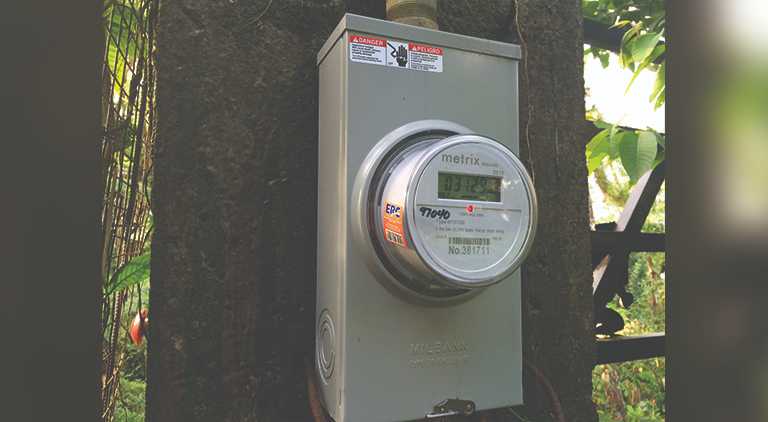India’s new net metering limit risks stalling progress on rooftop solar target
By EPR Magazine Editorial February 19, 2021 4:09 pm IST
By EPR Magazine Editorial February 19, 2021 4:09 pm IST

A net feed-in mechanism could offer a solution for consumers and DISCOM. Under gross metering, corporate consumers would not benefit commercially from using the power generated from their own system for self-consumption.
A new regulation that excludes rooftop solar systems over 10 kilowatts (kW) from net metering will stall adoption of larger installations in India, undermining progress towards the government’s rooftop solar target of 40 gigawatts (GW) by 2022.
This is according to a new briefing note from IEEFA and JMK Research & Analytics that says a provision in the Ministry of Power’s new rules for electricity consumers which mandates net metering for rooftop solar projects up to 10kW and gross metering for systems with loads above 10kW risks will likely make rooftop solar commercially unviable for big residential and commercial and industrial (C&I) consumers.
“Currently, India only has around 6GW of installed rooftop solar capacity, the majority of which has been developed by C&I consumers. So, the very consumers who are driving rooftop installations in India are also the ones most likely to be deterred by the 10kW limit on net metering,” says co-author Vibhuti Garg, Energy Economist, Lead India, at the Institute for Energy Economics and Financial Analysis (IEEFA).
“India already has a long way to go to meet its critically important 40GW target, and if limiting net metering to 10kW makes the rooftop solar space unattractive for C&I consumers, it is unlikely that we will be able to achieve that target.”
Garg and co-author JMK Research Founder Jyoti Gulia analysed the net and gross metering tariffs payable across leading states. They found gross-metered consumers are compensated for the export of solar power to the grid at rates of ₹2-4/kWh. However, current rooftop power purchase agreements (PPAs) signed by Tier 1 developers have tariffs in the range of ₹ 3.5-4/kWh.
“Developers and corporate consumers would consider any tariff lower than the current PPA tariff unviable,” says Gulia. “If consumers have to buy electricity from DISCOMs at a high tariff and at the same time the feed-in tariff they receive is low they will have no incentive to set up rooftop solar at their premises.
“Also, under gross metering, corporate consumers would not benefit commercially from using the power generated from their own system for self-consumption.
“Both C&I consumers and developers will find their payback periods will be much longer and the investment will become riskier, delaying the roll-out of this strategically important, cost-effective technology solution.”
DISCOMs, on the other hand, will notionally benefit from the shift to gross metering for installations with loads above 10kW, paying less for the same amount of energy. Except those benefits will be dissipated because there will be no material new investment by C&I customers.
You can read the complete report here – The Impact of the 10kW Net Metering Limit on India’s Rooftop Solar MarketAuthor contacts: Vibhuti Garg (vgarg@ieefa.org); Jyoti Gulia (jyoti.gulia@jmkresearch.com)
We use cookies to personalize your experience. By continuing to visit this website you agree to our Terms & Conditions, Privacy Policy and Cookie Policy.